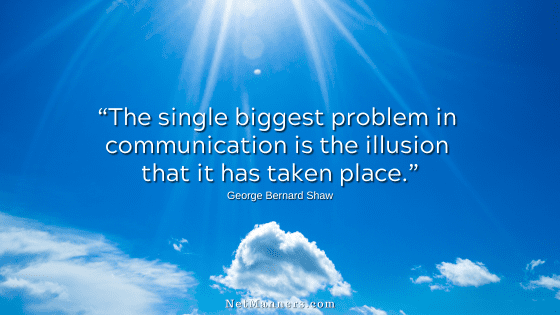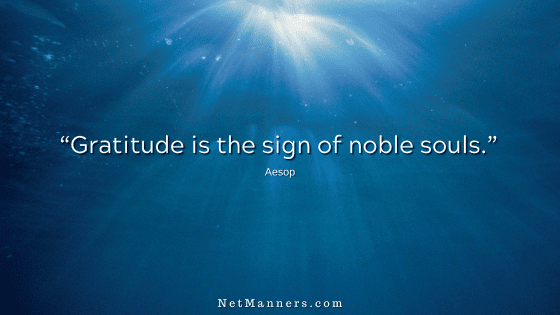Quotation Marks as Formatting for Emphasis

Formatting is often used to show emphasis. That’s why we do it, from bolding to italics and “quotation marks” to get the point across. The problem is that you leave the perception level of your emphasis up to the other side. You’ve lost control of your message.
What did they mean? That’s not what I meant.
Using quotation marks around certain words or phrases in emails can convey different meanings. Perception will depend on the context and quoted words. Here are some common interpretations of using quotation marks around just certain words:
The Recipient ‘May’ Interpret…
It’s essential to be cautious when using quotation marks in emails for anything other than direct quotes. Otherwise, you risk your emphasis being misinterpreted. First Rule of Thumb: Don’t use quotation marks if you’re not confident how your use of quotation marks will be perceived.
It is worth the time to be clear about your comments’ intent and meaning. The second Rule of Thumb is that quotation marks for emphasis should be used sparingly and with discretion.
What is the intent?
I don’t think the above site visitor question is an example of emphasis. Maybe it emphasizes the difference between the two processes with a hint of sarcasm. Is that what was intended? I’m not sure—which is the problem with using quotes for emphasis.
Nuances of perception with the written word, in plain text, can be tricky. That is why sarcasm should be avoided if possible. Sarcasm, by its very nature, is subjective and open to interpretation by the other side(s).
Even if you didn’t mean to be sarcastic, those quotation marks make clear you are making a point. Try reading your statement out loud and see if you add any emphasis. If you do, you can count on the other side amplifying that.
Read Out Loud
I’ve seen senders highlight words to emphasize them and make the selected text appear in italics—all for emphasis.
Others use keyboard characters for emphasis.
For example: It is not that I *care*; I care /too much/.
Did you notice the emphasis you applied when you read the above?
In my experience, formatting, for the most part, is for emotional reasons and at the core of many misunderstandings. You just can’t assume the other side will take your formatting with the emphasis you intend. That’s why choosing your words carefully rather than relying on formatting is better.
Better safe than sorry.






